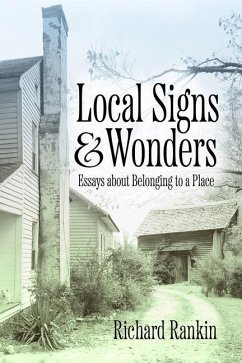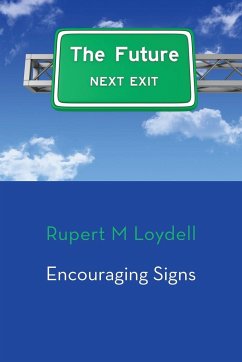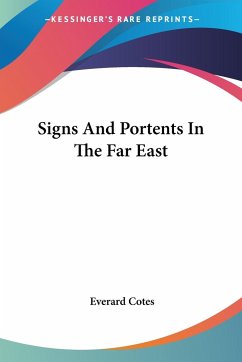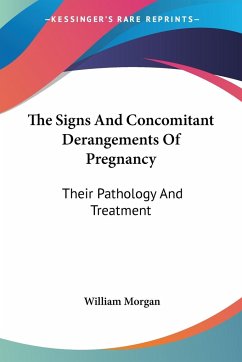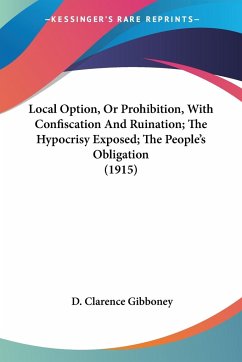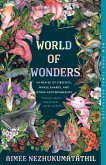Richard Rankin lives in North Carolina on family property settled in the mid 1760s and farmed until the 1970s. The desire to belong to a place grows out of a deep yearning to feel at home in the world and to find a particular location where that feeling is best satisfied. Individual essays treat diverse local topics including the disappearance of family farms, complicated racial history, soil conservation, physical labor as recreation, the influence of a great tree, chicken fighting, folk history, folk healing, the disappearance of bobwhite quail, black bear restoration, and exemplary outdoorsmen. As a whole, the pieces reveal how a settled inhabitant's personal identity grows from a local landscape and its history and culture. How the Creator invites the settler to join an ongoing partnership to re-create and steward a beloved place and its creatures. And how this creative process leads to a greater appreciation of local things, family, neighbors and wildlife, and service to creation.
Hinweis: Dieser Artikel kann nur an eine deutsche Lieferadresse ausgeliefert werden.
Hinweis: Dieser Artikel kann nur an eine deutsche Lieferadresse ausgeliefert werden.

